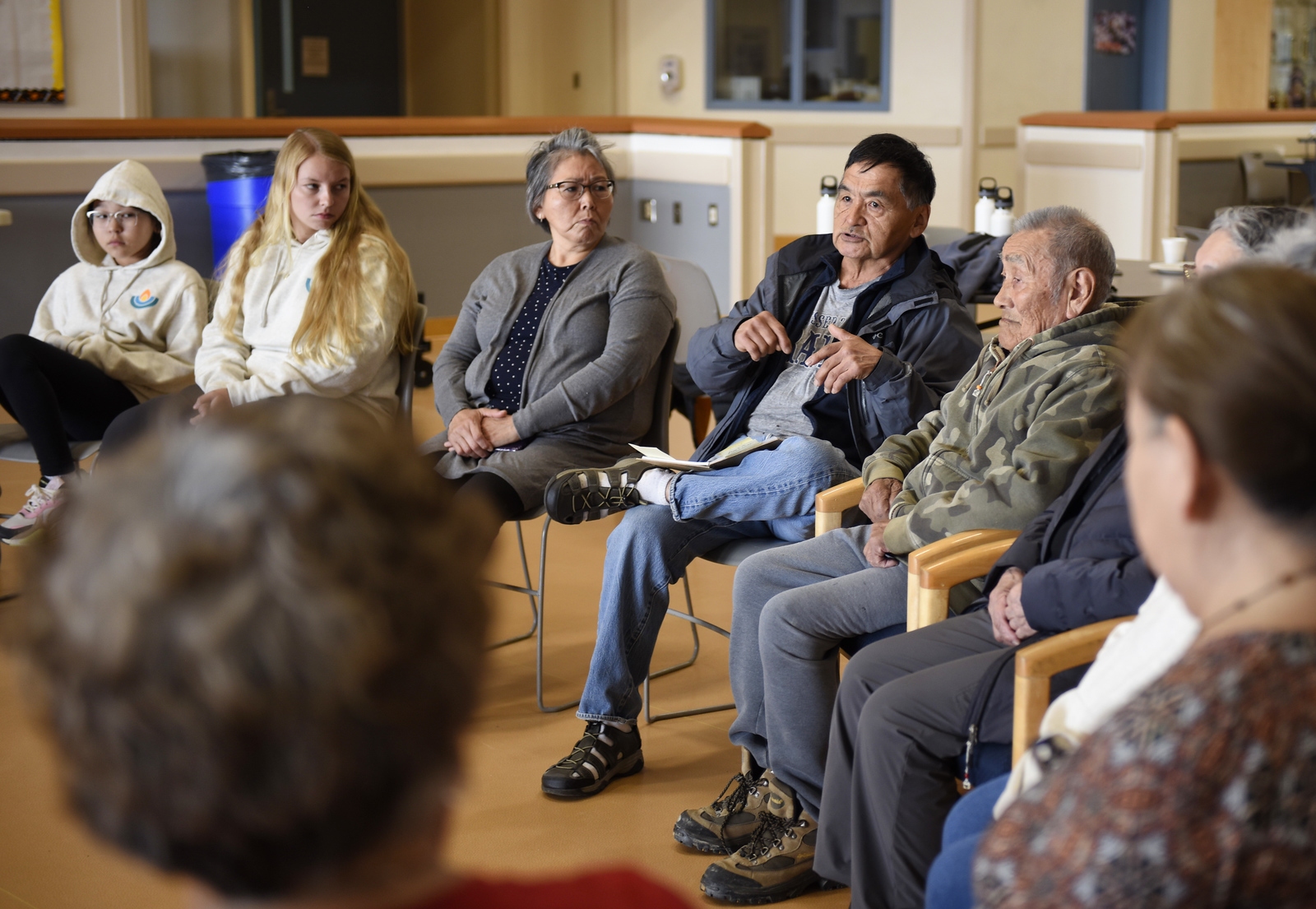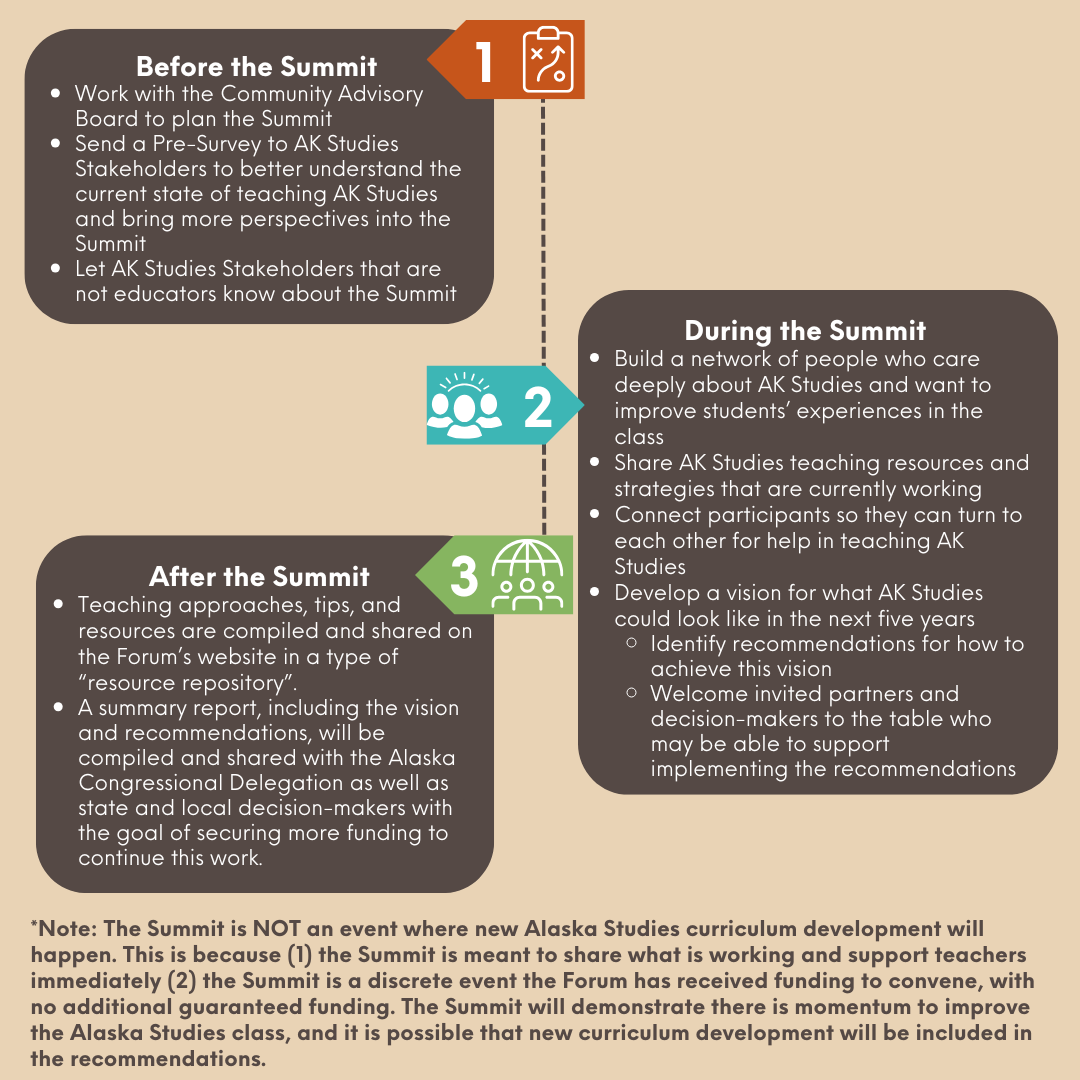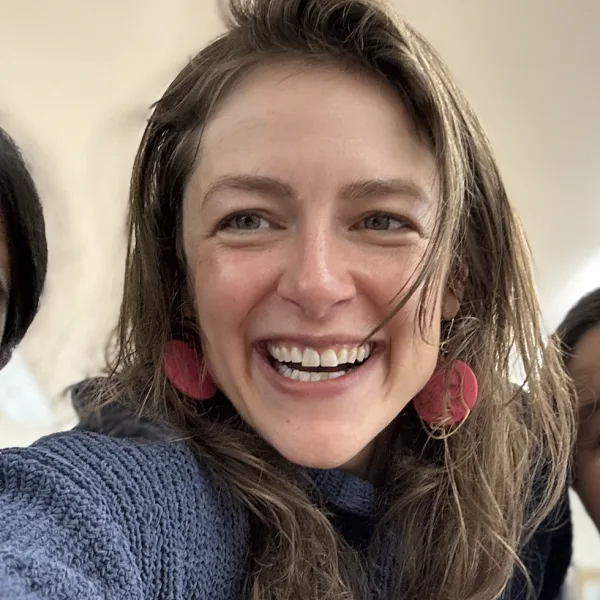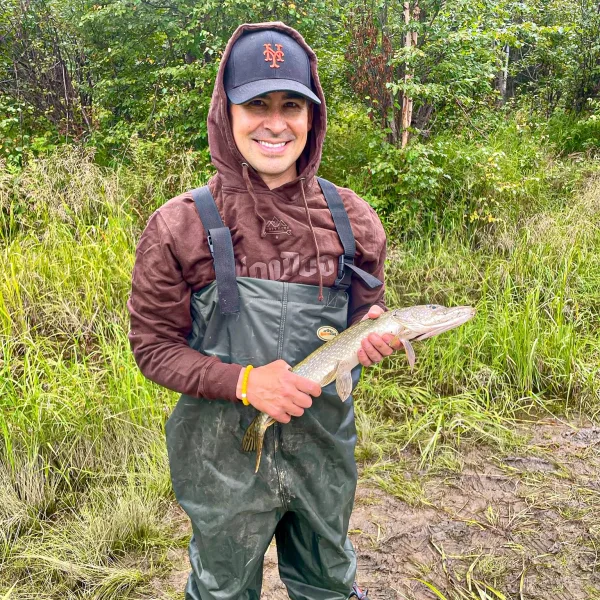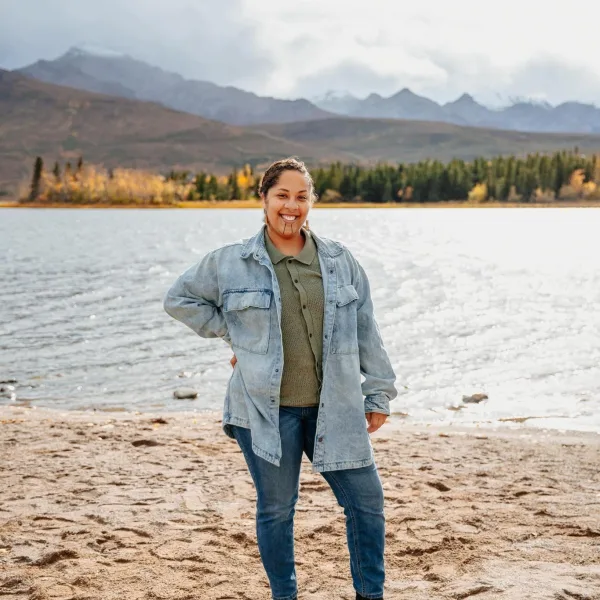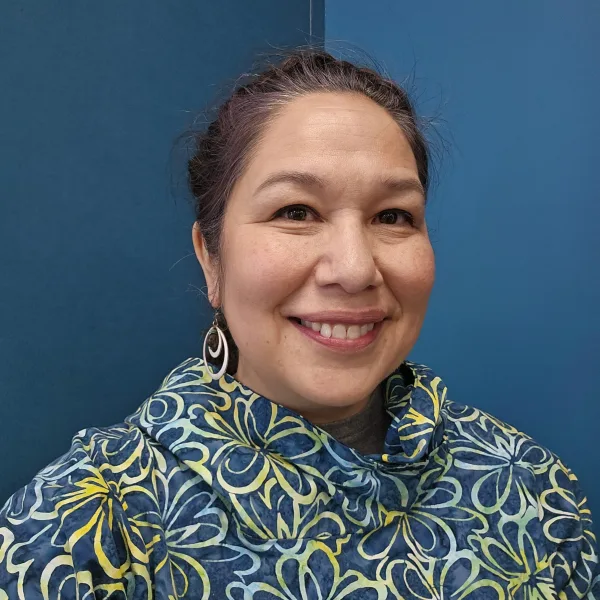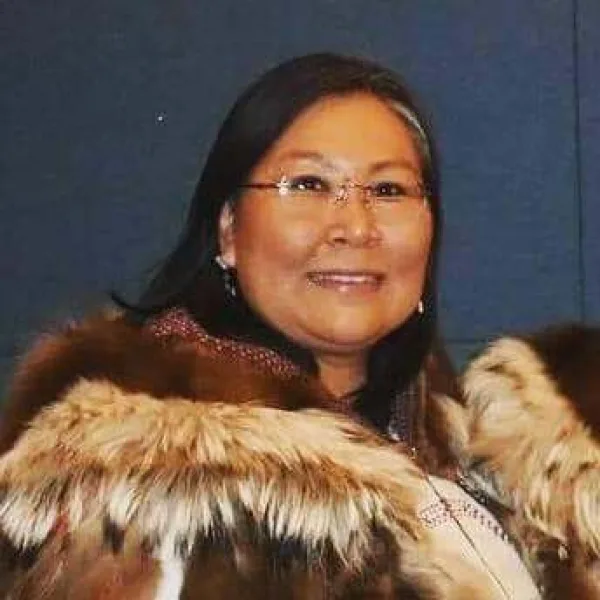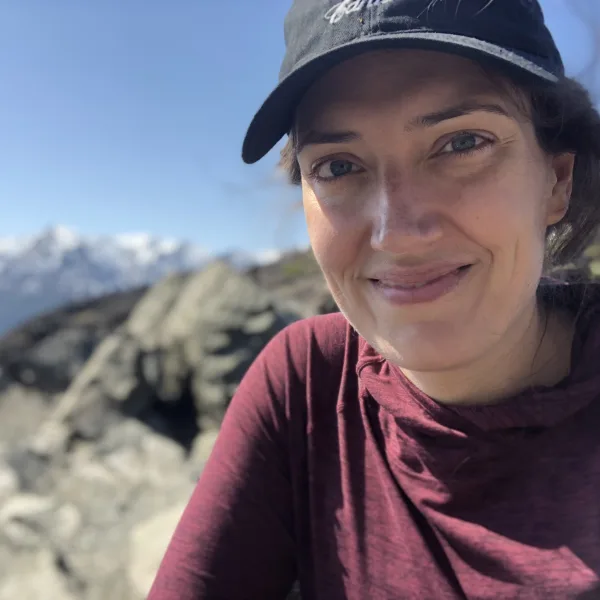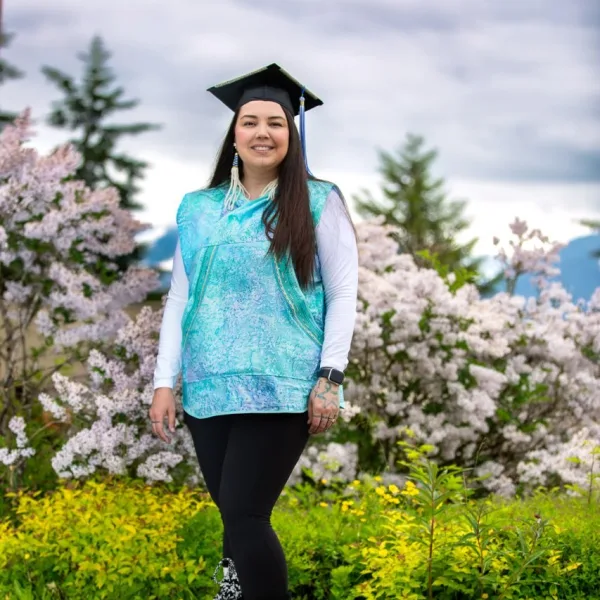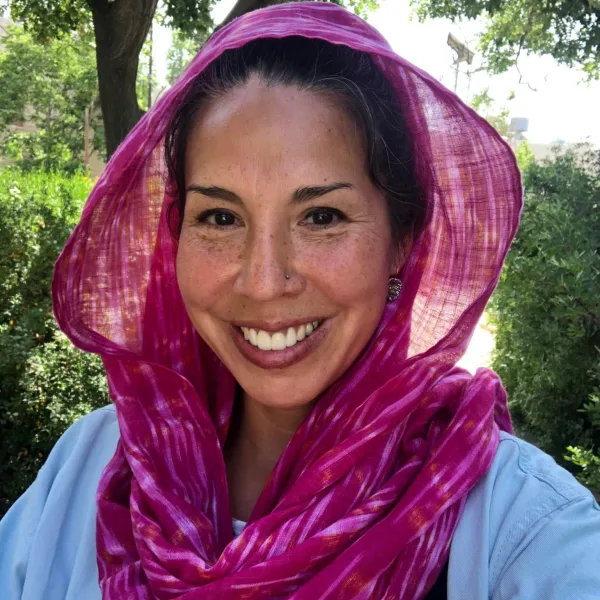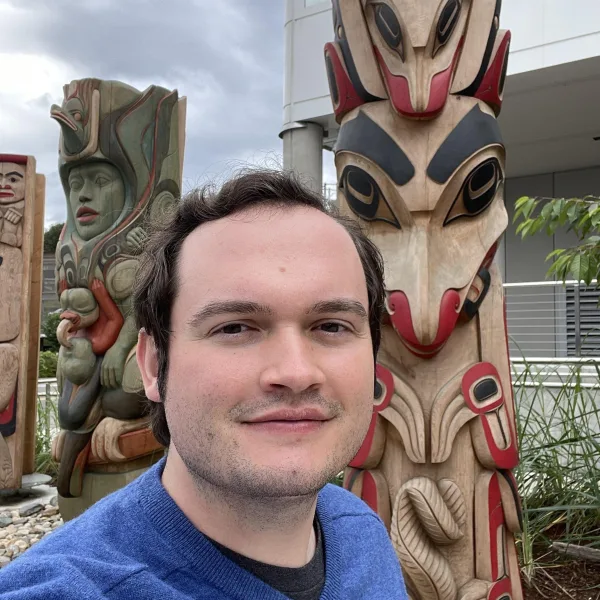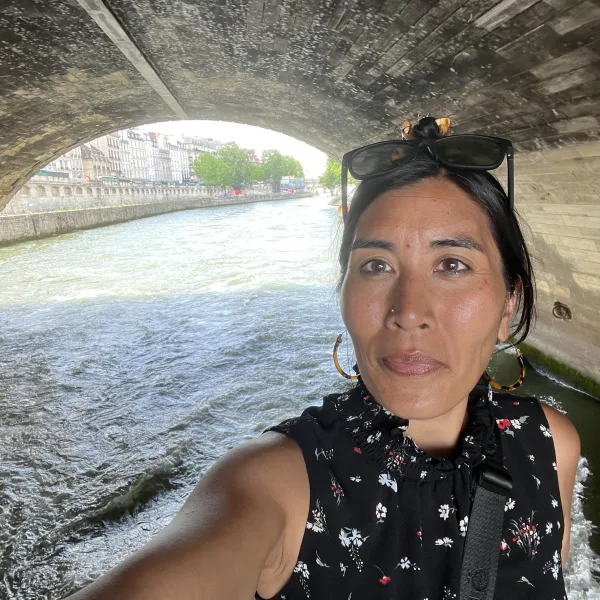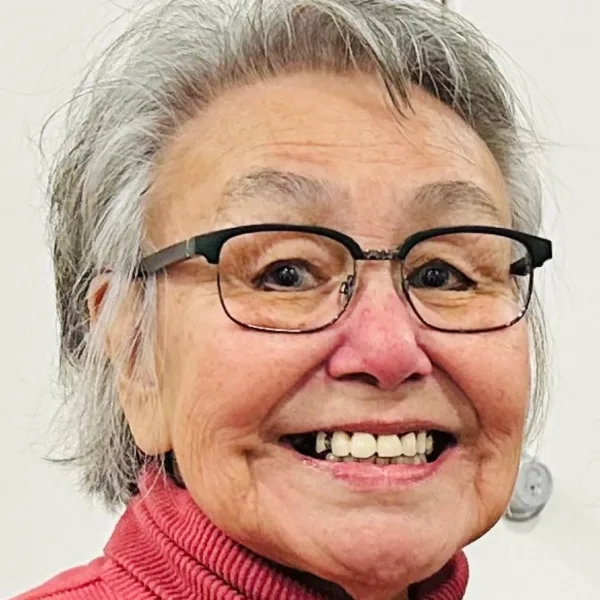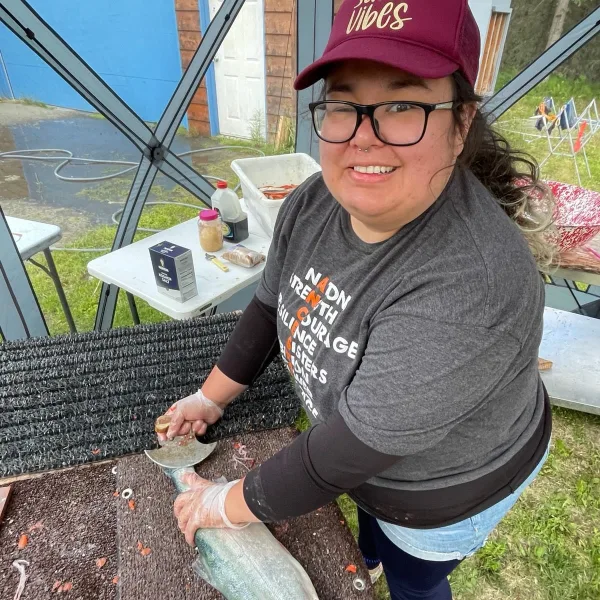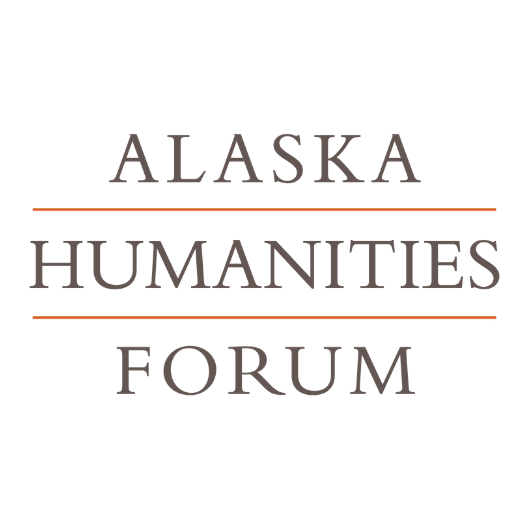Frequently Asked Questions
1. What is Alaska Studies?
Alaska Studies is the semester-long course that fulfills the Alaska high school graduation requirement that students must complete one-half credit in Alaska history. This requirement was created through regulation by the Alaska State Board of Education and has been in place since 2009. The State issues social studies standards, including Alaska History Standards, and school districts are responsible for what curriculum is used to meet these standards.
2. Why is the Forum hosting this Summit?
The Forum has strong relationships with communities and educators across Alaska and a 20+ year history of supporting teachers and youth. We were part of the early 2000s advocacy effort to require Alaskan high school students to learn about Alaska history in school. Although Alaska Studies is now a required course, the Forum recognizes teachers far too often do not have the support they need to effectively teach such a critical class and make it relevant to students. The Forum is a convener; we bring people together to strengthen communities. This Summit is the first step in building a network of people who care deeply about Alaska Studies and want to improve students’ experiences in the class.
3. How is the Summit funded?
It is funded through a $150,000 federal grant.
4. Who will attend the Summit? Why is the Summit limited to 40 people?
Anyone who is interested in attending the Summit should complete our Interest Form (now closed). Our Community Advisory Board will help determine Summit participants with priority going to current Alaska Studies teachers who are willing to share their challenges and successes with teaching this class. We want to have Summit participants with a range of teaching experience and geographic representation. The 40 person cap is simply due to funding constraints.
5. Do I have to pay for my travel to the Summit?
There may be limited funds available to offset travel costs; you can indicate if you are requesting travel assistance when you complete the Interest Form. Due to our limited budget, we will not be able to accommodate all funding requests and encourage you to reach out to your employer, school district, village or regional corporation, and/or other sources for travel support.
6. Will the Summit have a virtual component?
No. This is to allow participants, invited speakers, and staff to be fully present with the Summit and to build strong connections. Teaching tips and resources compiled at the Summit will be shared on the Forum’s website to support other Alaska Studies teachers.
7. How can I be involved if I cannot attend (or am not selected to attend) the Summit?
Please complete our Interest Form (now closed) if you are interested in being kept in the loop about Alaska Studies efforts and updates. You can also complete our Pre-Summit Survey (now closed) which we are using to bring more voices into the Summit since our budget limits how many people can attend.
8. What is the Summit’s agenda?
Day 1 is about the current state of Alaska Studies and focuses on supporting teachers. Participants will share resources and strategies that are working in their classrooms, learn from each other, and build a network that can help each other navigate the challenges and complexities of teaching this class.
Day 2 is about visioning the future of Alaska Studies and identifying steps to get there. A few invited partners will contribute to this visioning to build a stronger network of individuals and organizations that can help support implementing the recommendations.
The Summit will be grounded by Indigenous and youth voices. A more detailed agenda will be shared closer to the event.
9. Who are the invited partners that will attend the Summit?
With help from the Community Advisory Board, the Forum is identifying what other organizations should be involved. We are considering their interest, capacity, and what resources they may be able to contribute post-Summit.
10. What are the outcomes of the Summit?
- Participants feel more connected to each other and go to each other for help in teaching Alaska Studies.
- Teaching approaches, tips, and resources are compiled and shared on the Forum’s website in a type of “resource repository”.
- The vision and recommendations for next steps will be compiled into a summary report and shared with the Alaska Congressional Delegation and other decision-makers with the goal of securing more funding to continue this work.
11. What happens after the Summit? Where does this work go next?
Although the Summit is a discrete event with the above outcomes, it is intended to demonstrate the strong interest and momentum to continue work that strengthens and revitalizes Alaska Studies teaching and learning. A summary report of the Summit will be shared with the Alaska Congressional Delegation as well as state and local decision-makers with the goal of securing more funding to allow this work to build and involve more people who were not able to participate in the Summit.
12. Who can I contact with questions?
Molissa Udevitz, AKHF Programs Design Manager and Summit Manager, is happy to connect. You can reach her at mudevitz@akhf.org or 907-770-8402 (call or text).
